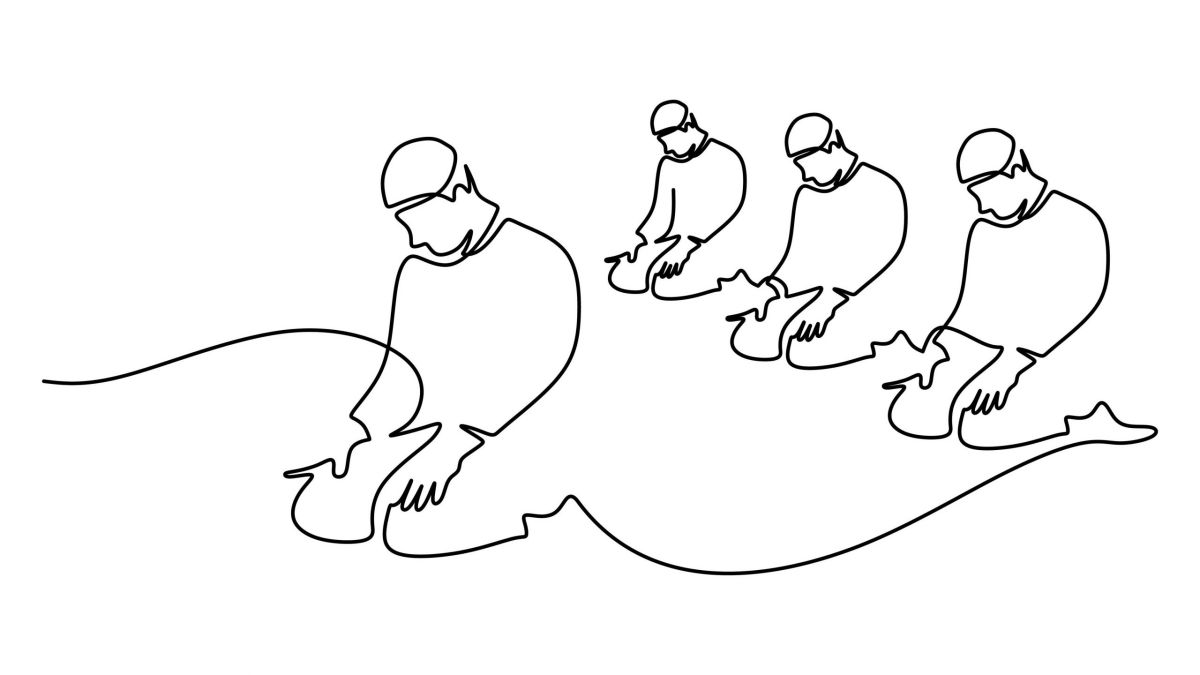Why Do Some Muslims Perceive Prayer as a Hardship?
Imām Muḥammad ibn Jarīr al-Ṭabarī


Allāh says:
وَاسْتَعِينُوا بِالصَّبْرِ وَالصَّلَاةِ ۚ وَإِنَّهَا لَكَبِيرَةٌ إِلَّا عَلَى الْخَاشِعِينَ ﴿٤٥﴾
‘And seek help through patience and prayer, and indeed, it is difficult except for the humbly submissive [to Allah].’
[Al-Baqarah, 2:45]
Imām Abū Jaʿfar Muḥammad ibn Jarīr al-Ṭabarī [d. 310 AH] said:
The true meaning of this verse is: Seek help in fulfilling [the tenants of] My covenant [with you] through the practice of patience and prayer, towards achievement of this fulfilment. Prayer is indeed a hardship, except for the ones who fear My torment, humbly submitting themselves before my command in a state of unwavering assuredness concerning their meeting with Me. For it is only to Me they will return after their demise.
Allāh the Exalted in Praise has only related the fact that prayer is a hardship for the ones who are plagued by uncertainty regarding their final destination, who lack resoluteness in their inevitable return [to their Creator], who do not affirm reward or punishment; prayer for such a person will indeed be little more than a distressing delusion. This is because through his performing [of prayer] he seeks neither the attainment of benefit or defence from perceived harm. It is most suitable for such a person to find prayer but a hardship, a gargantuan performance of sorts, perceived as a calamity.
[Prayer] is only superfluous for the true muʾmin, who believes wholeheartedly in his eventual meeting with Allāh, while being in a state of hope for an abundant reward from Him [for his prayer], and fearful of a painful torment for taking a lackadaisical attitude regarding it.
It is due to this sincere hope that, through prayer, they will be able to reach the final destination promised by Allāh for the people of ṣalāh— and because of the warning issued concerning the ones who abandon it—does Allāh orders the bishops and rabbis from among the Children of Israel who are the ones being addressed in these verses to perform their prayers seeking reward for it. That is, if they are from among the people of assuredness of their return to Allāh, certain of their meeting with Him on the Day of Reckoning.
Source: Tafsīr al-Ṭabarī 2:22
Translated by: Riyāḍ al-Kanadī
Most Popular: Last 30 Days

















